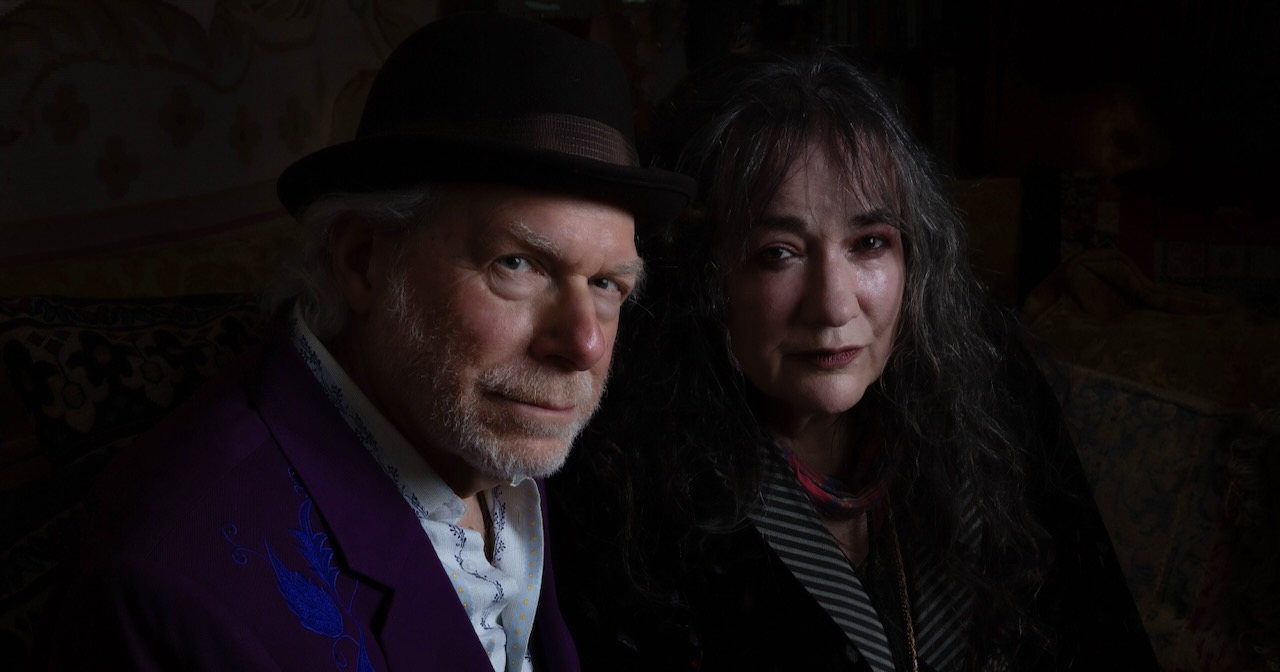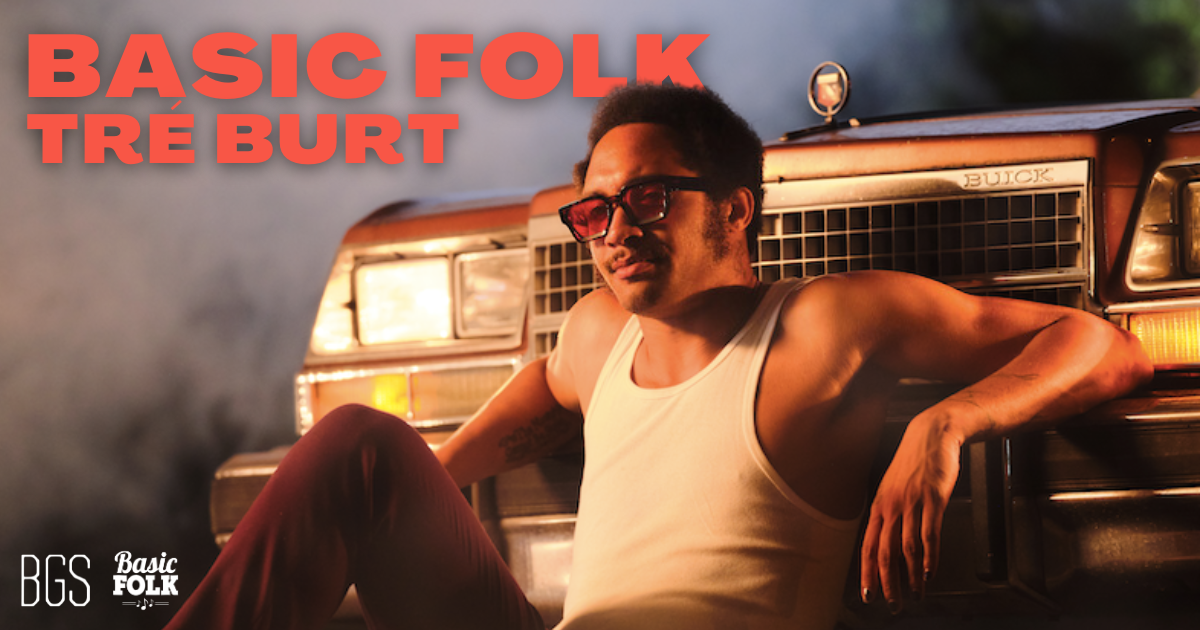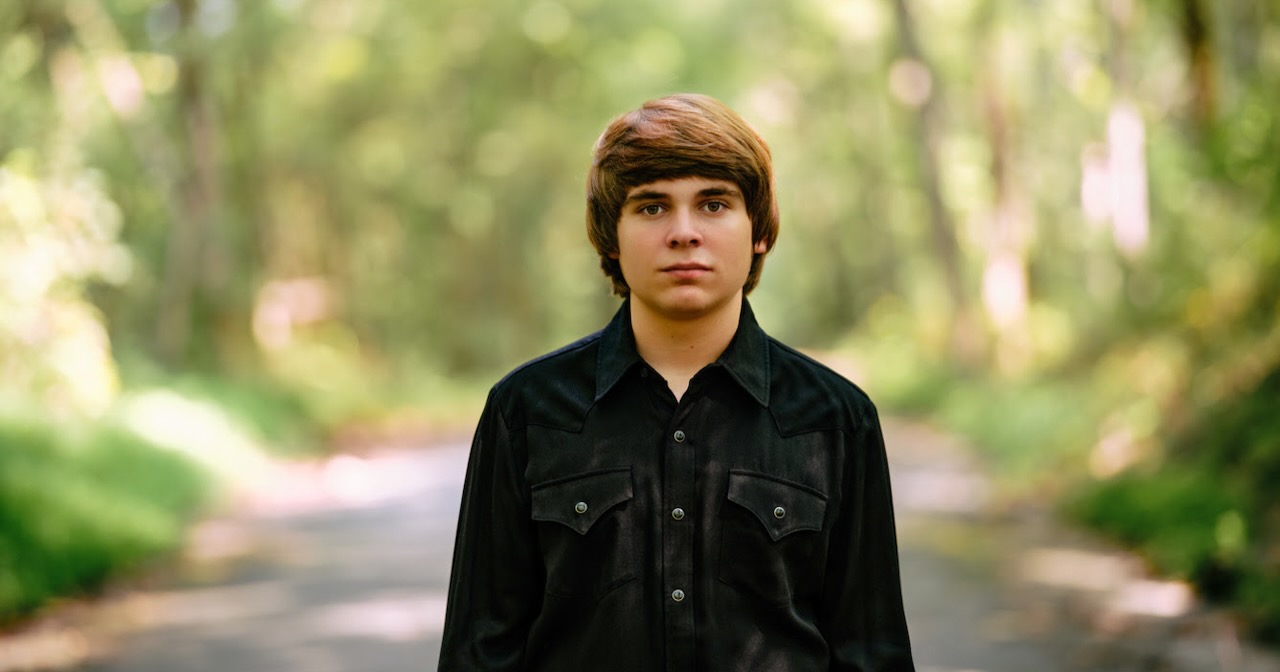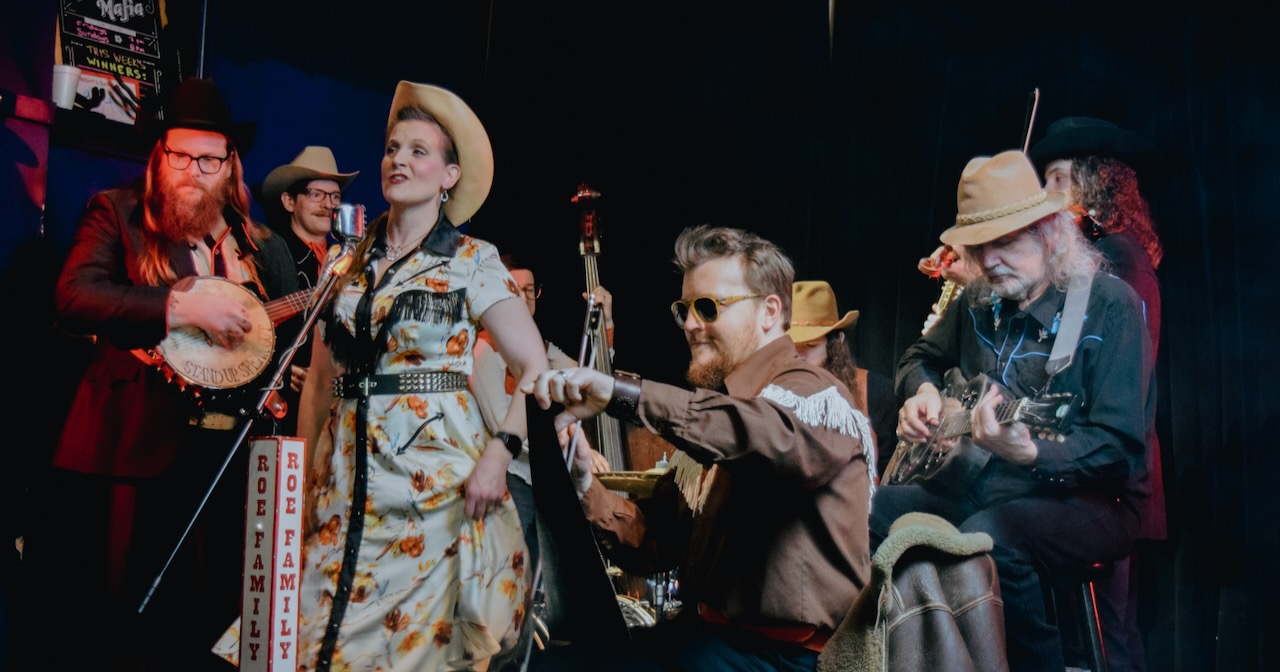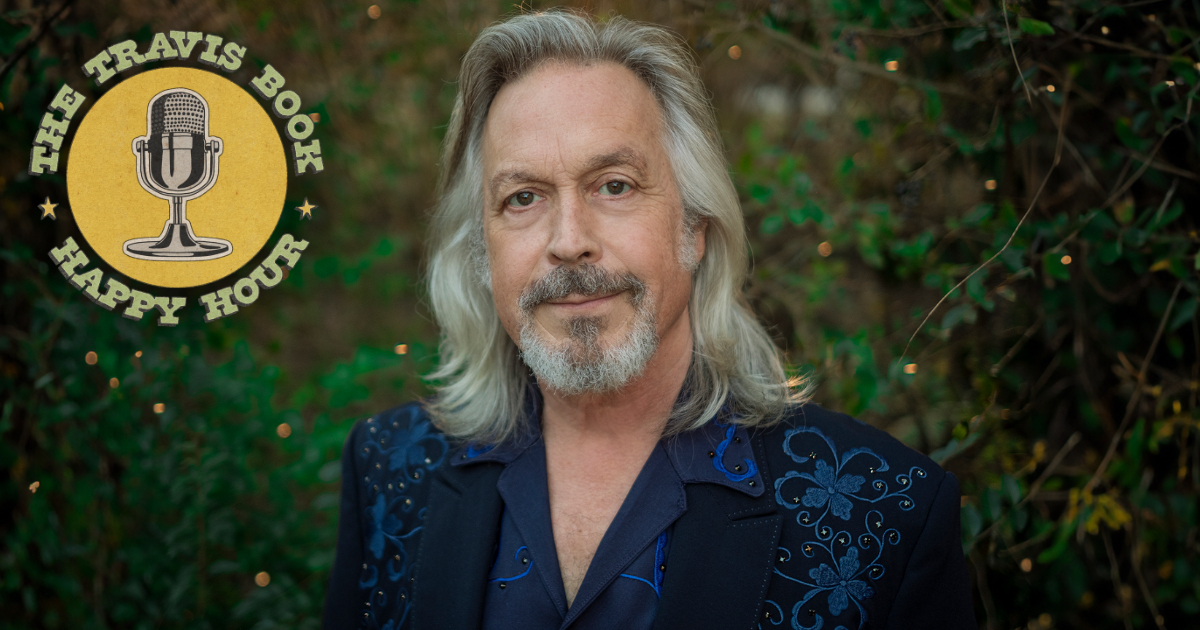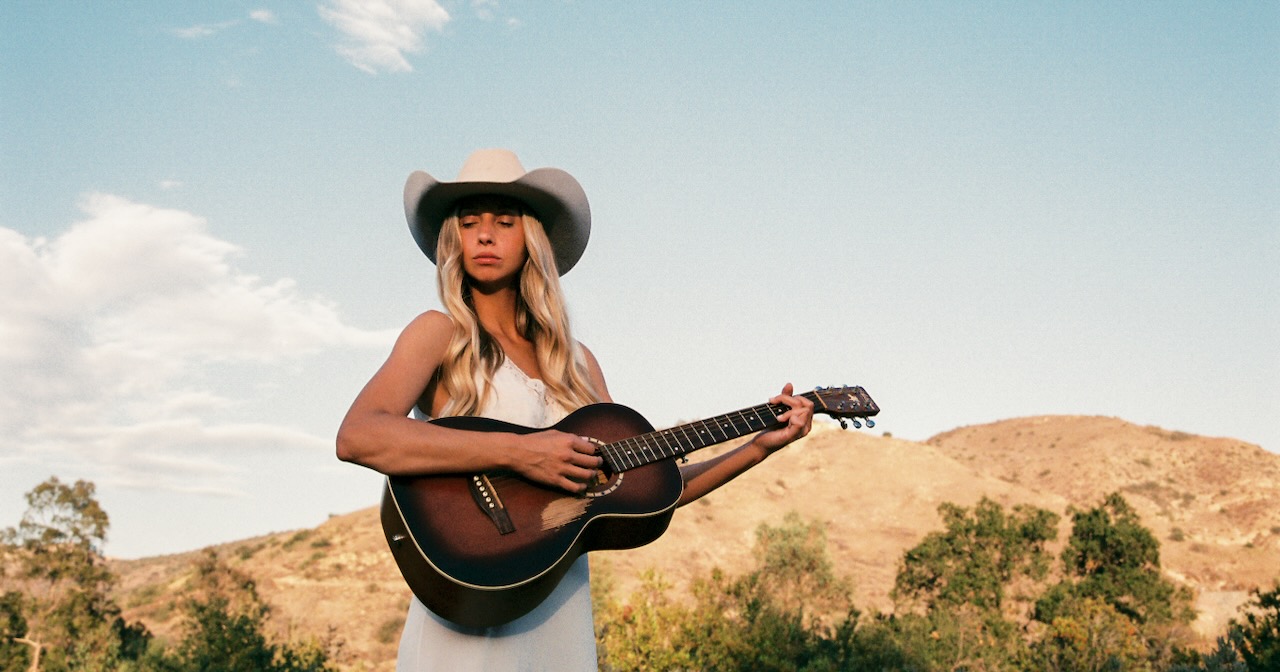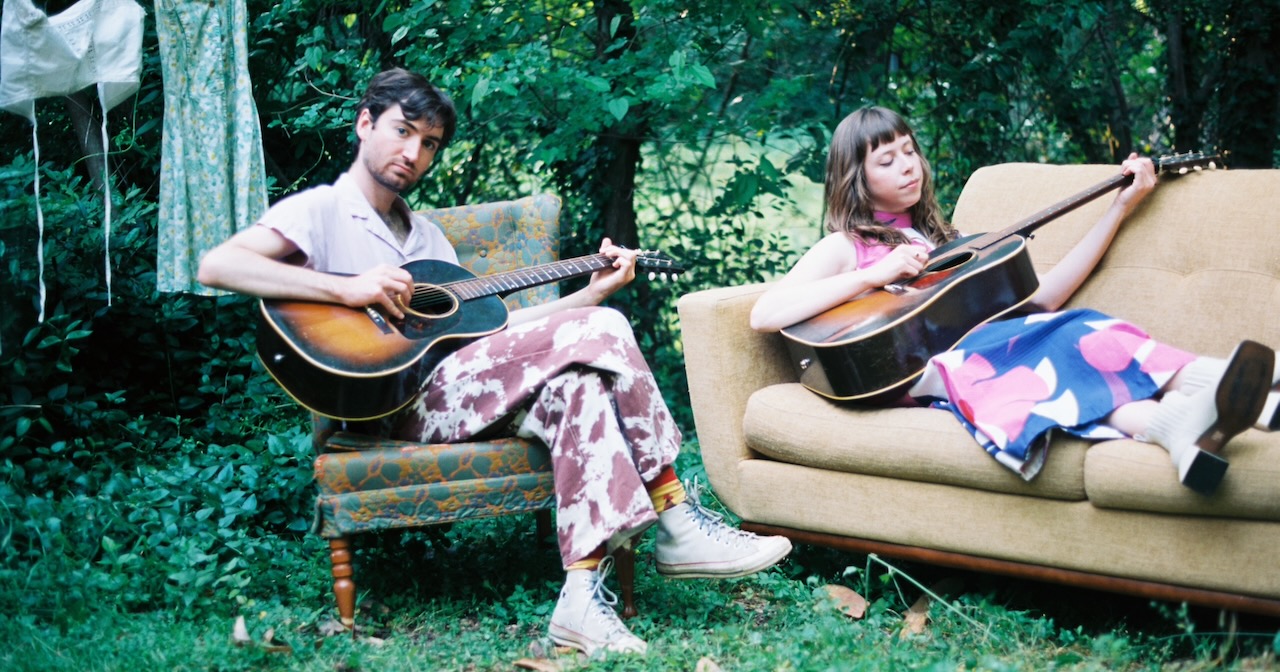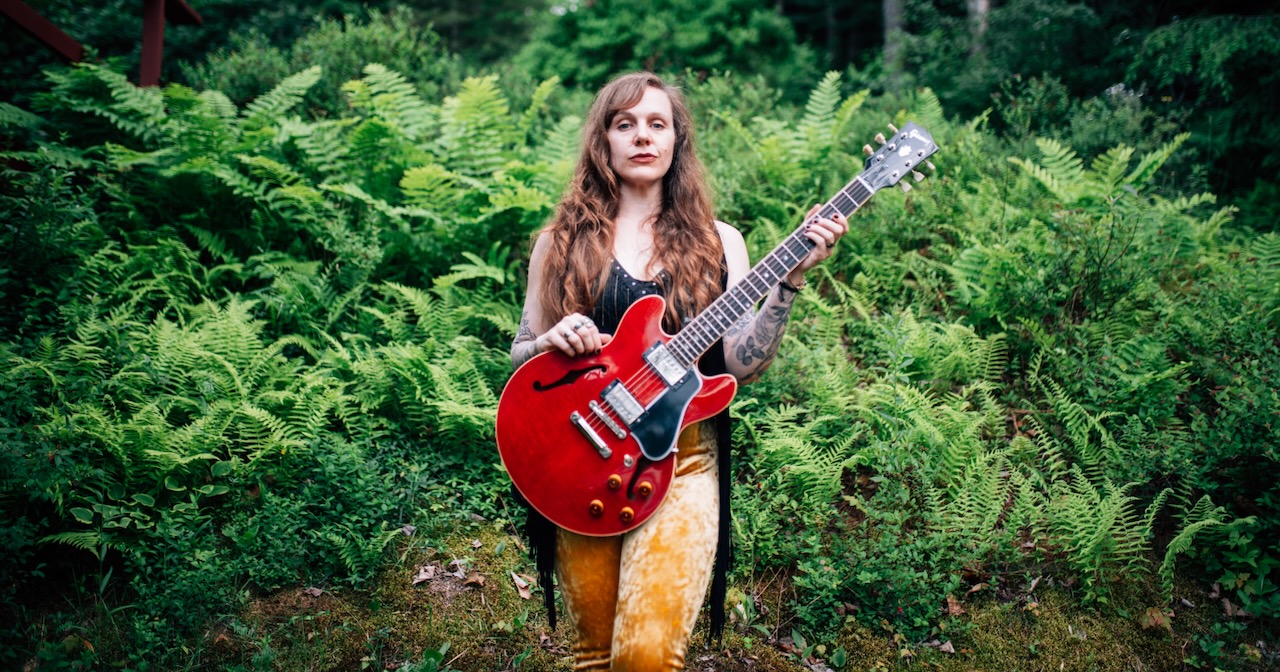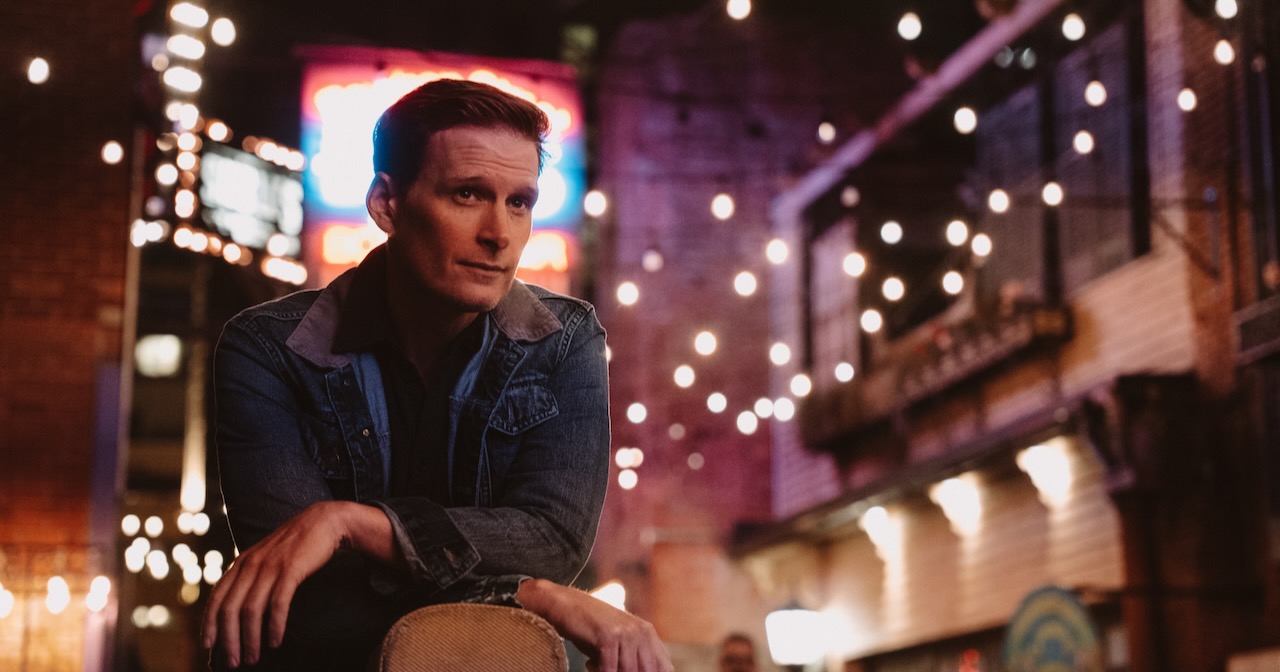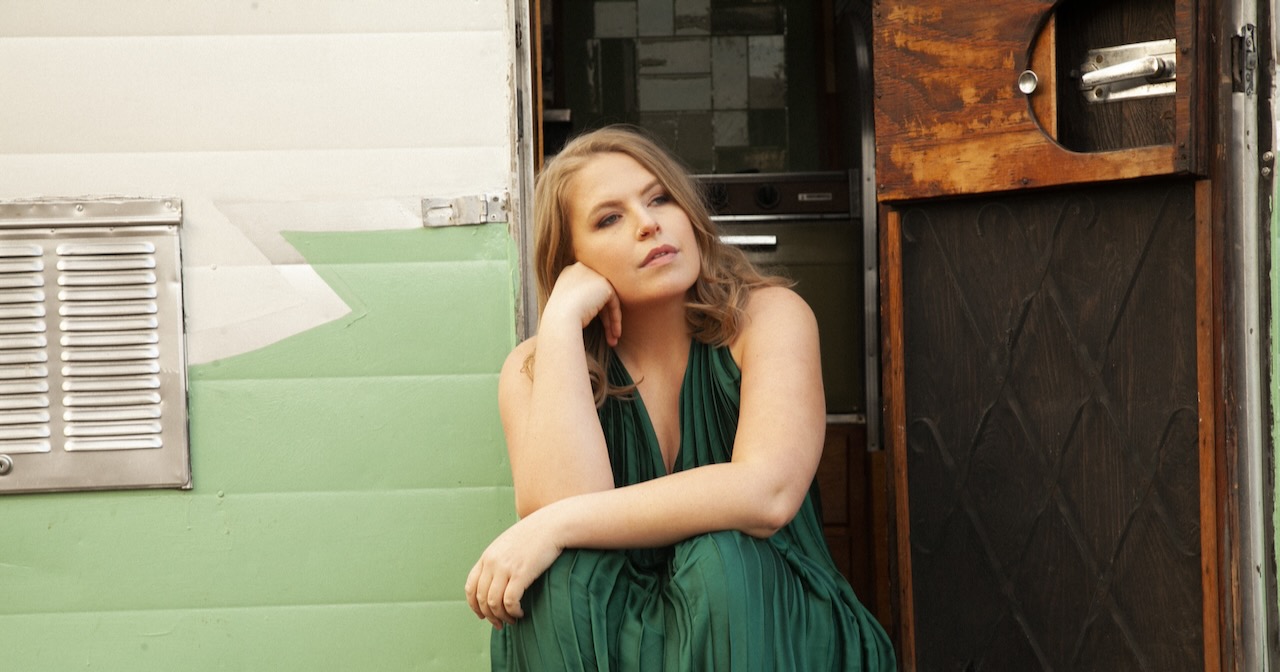Deep in the throes of their multi-decade romantic and creative partnership, Buddy & Julie Miller continue to open their world to listeners with their fourth studio album, In the Throes. Entirely cooked within the walls of their home from song ideation to production, we get to hear their joyful admiration for each other alongside the frustrations of living, loving, and making music as a pair. There is still a youthful exuberance in the simplicity of the rhymes and meter that manages to capture subtle and profound aspects of life.
BGS caught up with the couple via phone at their home in Nashville to hear about the new album and their storied lives as co-creators.
What is the process of working together leading into production? How do you know when you have a Buddy & Julie Miller record?
Buddy Miller: Well, There have been records where we went into it thinking, let’s make a record. This one, we didn’t. We backed into it accidentally. We were wanting to do a gospel record with our friend Victoria Williams and our two friends Larry Campbell and Teresa Williams. Julie had written all these songs and then COVID hit. Victoria has M.S., and she lives in Joshua Tree. We realized, this isn’t worth killing Victoria for this record. We kind of put a hold on that and we had that song on the record called “We’re Leaving,” and it just kept going over and over in my head, and I loved it. Julie was just writing a ton of songs. I wanted to pilfer that song and use it as a cornerstone for this record. That’s the genesis of it.
Julie, I hear that these songs came from a profoundly creative writing time for you. What does your life look like when you are in the midst of a prolific creative output time?
Julie Miller: I don’t focus on it. It is more like, I’ll be going to the bathroom or walking to the kitchen or something, and I’m just humming something and it just kind of rumbles up in me. It comes out and my brain just says, “Oh, we are doing a record now, let’s think!” It turns on and starts thinking of subject matter. It is a real accidental sort of situation. I’m sure it is more purposeful than I realize. I am kind of closed off once it is hitting. I don’t talk to a lot of people for a while once I’m writing except for Buddy. I’ll get some musical thing in my mind and I can tell him how it goes, and he can play all the notes. He’s like my right-hand man.
Do you have a language that is only your own?
JM: Not exactly, not like that, but we understand each other. I understand him anyway. [Laughs]
Has that evolved a lot over time, how you communicate musically?
JM: Yeah, I’m more intuitive overall than he is. He is just really incredible. And I kind of prompt him on something I’m thinking, and he carries it away. I couldn’t imagine trying to work with anybody else. I just wouldn’t want to do it. He’s my team. We are really locked together on it.
In terms of the songs about relationships on this record, how autobiographical are they? You can feel the reverence and the frustration of being in a creative relationship.
BM: I was kind of a jerk to be in a band with, I think. I probably took things for granted. I would be insensitive enough on stage. I messed up our thing. She stopped playing. And then I took every gig that would come along, which was a lot. I didn’t expect it. At the time, I was playing with Emmylou, but then I got a lot of other production and tour offers. I left Julie at home for years. And that made her relationship with music and me something that needed to be repaired. So we started repairing it with the record before this.
And we spent a lot of time hanging out together and enjoying making the music together. By the time we were working on this, she was on a roll writing songs, and I just loved capturing them.
That’s really inspiring. Let’s be honest, when people hit walls in relationships or creatively, sometimes they quit. But pushing through it and finding healing through music, it’s awesome.
BM: Yes, and it happened through the music and spending time together. And me not taking any more outside work.
You can feel that. How autobiographical is this record?
JM: Well I guess every record is somewhat biographical. But there are certain songs that are pretty autobiographical, just emotions that I’ve been through that I turn into a song. I mean, “You’re My Thrill,” I was feeling it. I was feeling it about Buddy. And “In the Throes,” too. But “Don’t Make Her Cry,” now that was Bob Dylan. I can’t take credit for that line.
That’s a fun co-write!
JM: Oh yeah! I didn’t think I’d live that long. He and Regina [McCrary] are friends and they had this half a song sitting and he said, “Give it to Buddy.” And Buddy didn’t know what to do with it. But I knew what to do with it! I knew just what to do. I’m amazed now, when I look back, that I had the gall to do it. I had no fear or hesitation at all, just like it was anybody else. When I think about it now, I think, “What was I thinking!?”
This album feels like it was cut live, like I’m in the room with you when I’m listening. It seems rare these days that producers let the whole room into the record. I was wondering if you could talk about where you cut it and what the process was like for this one?
BM: The process was a little different, but we’ve made all our records at home. Back in our teeny weeny apartment in LA, Julie had a deal early on where they didn’t quite get the music and it wasn’t a good fit, but the person who signed her took her in the studio and quickly realized that they liked our home demos better. But we just had a little porta-studio. He gave what was left in the budget to buy a tape machine and a couple of mic pre-[amps] so we could do it ourselves. It was very kind of him, and it started us on our way of working together. We started on a four-track cassette, and then we graduated to a little reel-to-reel that had eight-tracks. But we have always made our records at home. Julie has always been super involved in every aspect, just the two of us.
Julie, what is recording like for you? Do you like the process?
JM: I do with Buddy. I don’t without Buddy. With Buddy I can yell. We have a studio downstairs, and we have one directly upstairs. There are pocket doors that open into the studio upstairs and so I sit on the bed and he sits in the actual producer’s chair with all the instruments around and we just play. I’ll have an idea to have him play and then he’ll play something and I’ll go, “Wait! Listen to that! Play that again!” We just play off of each other a lot. He lets me have as much leeway on the songs as I want, but then where I leave off, he is more than there to take it up. He blows my mind. I just can’t believe how fortunate I am to have someone like that to work with. But it is a joy. I don’t really like recording singing that much. It is tedious. It used to be easier. It is harder singing now.
Can I ask you what is harder about it?
JM: Well, I just don’t do it as much. I have this condition called fibromyalgia. It is a pain condition that affects your muscles. It goes into my jaw and under my tongue, and if I use it very much, it gets stiff and paralyzed. It is a good thing we do it at home. I have this concoction made out of tomato soup and hot sauce. Emmylou would have lemon and Altoids, and I have hot sauce and tomatoes.
Well, for what it is worth, one of the notes I made about this record was how exuberant and youthful your voice sounds.
JM: Thank you! I’ll chalk it up to immaturity.
Photo Credit: Jeff Fasano
